The U.S. Is Becoming A Third World Country Right Before Our Eyes
And literally nobody is noticing.
It’s easy to laugh off the notion of somebody calling the United States a Third World country. It sounds like one of those hyperbolic expressions used as political rhetoric, which is probably what makes it easy to dismiss without thinking about it.
After recently taking a step back and objectively visiting several major cities on both the east and west coast of the country, in combination with reviewing our perverted idea of economics and monetary policy in this country, it’s becoming more and more difficult to laugh off these claims as complete nonsense with each passing day.
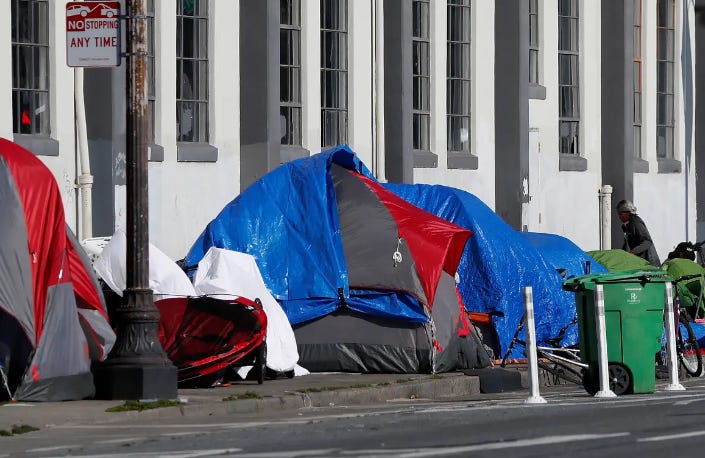
Living in Philadelphia, I got to witness firsthand the chaos and “social justice” riots of 2020 and the government’s response to the pandemic brutalizing local businesses. Between the government shutting down small businesses and politicians allowing unfettered violence and chaos in major US cities across the country, it is a wonder there any cities in the U.S. that are still considered first world.
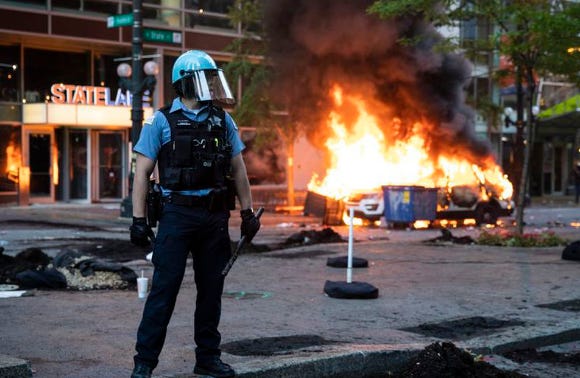
The effects of business shutdowns are lingering, even though we are moving well into the second half of 2021. Cities like Philadelphia, Chicago, San Francisco and New York have been boarded up and shut down since mid 2020. Many of the businesses that shut down in Philadelphia never reopened, and some of the ones that did closed shortly afterward. There are still large swaths of high foot traffic areas in Philadelphia that were once coveted (i.e. Market Street in Old City, South Street) but remain vacant.
The scene in San Francisco, where I visited last week, was even more frightening. In the four years since I had been to San Francisco, the entire city looks as though it has experienced a nuclear holocaust. Like everybody else, I had read a number of articles describing just how bad the homelessness problem in the city was, so I was semi-prepared to witness the miniature shantytowns throughout the entire center of San Francisco. When I wasn’t prepared to see, however, was dozens of iconic stores in major tourist areas, like Powell Street by the cable car turnaround, boarded up and shut down.
To make matters worse, not only were a lot of these shops closed, but the line of tourists waiting for the cable car - an area that used to be buzzing with friendly conversation and smiles - instead looked like a demilitarized zone. The shorter-than-usual line at the Powell Street turnaround instead looked nervous and cautious while waiting for their ride on the cable car, glancing around them at what looked increasingly like a zombie apocalypse. The difference was so stark from 4 years ago, it’s what inspired me to write this post.
All along Market Street, in once bustling areas of downtown San Francisco, shops were closed and buildings were boarded up.
Within blocks, cafés had signs on the door saying they had closed. All told, San Francisco looked like absolute hell.
In both San Francisco and Philadelphia, stores that I go into appear as though they have simply run out of items. A target in San Francisco was out of cosmetics, clothes, food, medication and other every day items.
Traveling from the airport back toward Philadelphia, this was the scene at the first rest stop I stopped at to grab a drink: empty coolers.
A separate rest stop I stopped at a couple weeks prior had this sign at their Burger King.
When I returned home to Philadelphia, the first Wawa I went to to grab a drink had half of its cooler cleaned out, too. An associate told me they just weren’t getting the items in to restock it.
In both San Francisco and Philadelphia, at the remaining businesses that are open, signs are plastered everywhere that they are short staffed and need help.
The scene is similar in numerous other US cities. The epicenters that used to be the lifeblood of our country have been thrashed and appear to be nothing more than decimated remnants of what they once were.
“Sure, Chris,” you’ll say. “You’re right about all this, but it’s transitory - we just need to build back better in our country and things will return to normal in the way that they once were.”
But what if it isn’t transitory? What if it is just the beginning of a much more disturbing, longer-term trend?
As I was writing this post on Thursday, Bloomberg dropped this headline.

Then, later in the day, this one.

And it’s my contention that monetary policy in this country is going to ensure that “transitory” doesn’t happen.
First off, we have central bankers that don’t even understand behavioral incentives and can’t figure out why we’re having a labor shortage. I ranted abut this a couple months ago.
Second off, we’re experiencing so much in inflation in the country as a result of the perverse amount of money we’ve printed that the cost of living is rising at the same time products are becoming unavailable, which is a double edged sword responsible for a deteriorating quality of life for American citizens.
While transitory is a cute narrative that makes it seem as though there’s no problem, the effects are easily witnessed on the ground. Surely examples can’t be popping up in my everyday life, even when I’m not looking for them, right? I have to be exaggerating, right? Here’s a sign from Atlantic City, NJ I recently passed.
Ergo, we have to start seriously entertaining the possibility that it may not be possible to “build back better”.
After all, we don’t build shit in this country at all anymore, we import it all from China. And we do that using US dollars that are, each day, worth less and less. It’s only gonna be a matter of time before another central bank calls us on our bullshit, and I believe that’s going to be China, as I have stated consistent with my views that they will back their new digital currency with gold
But the point of the matter is we have a country that doesn’t want to work, we have inflation soaring out of control, we have a shortage of goods and services, our cities are turning to chaos and are disintegrating and we have a wealth gap in the country that continues to widen thanks to abuse of monetary policy.
Can you think of other socialist utopias where the currency got away from them while the rich hoarded all of the products and services? Can you think of anywhere else where government micromanagement of the economy sent the country spiraling out of control? Quick: is that country you’re thinking of a third world country?
While we may not be a state planned economy just yet, we are damn near close to it with the government opening and closing small businesses whenever it wants and thinking it can make up the difference with a printing press.
Our arrogance could not be any more obvious.
And so the next time you are out looking around at a store, take a glance. Is everything in stock? Of the items that are in stock, what do they cost now compared to what they used to cost? Does the store have staff that seem like they’re being compensated fairly for their work?
And you, how is the quality of your own life going? Do you have to stretch a buck further than you ever had to? Are you paying more for things and getting less?
Because if all of these things hold true, all you may need is a slight wake up call that the hyperbolic image of the US being a Third World country may not be as hyperbolic as you think.




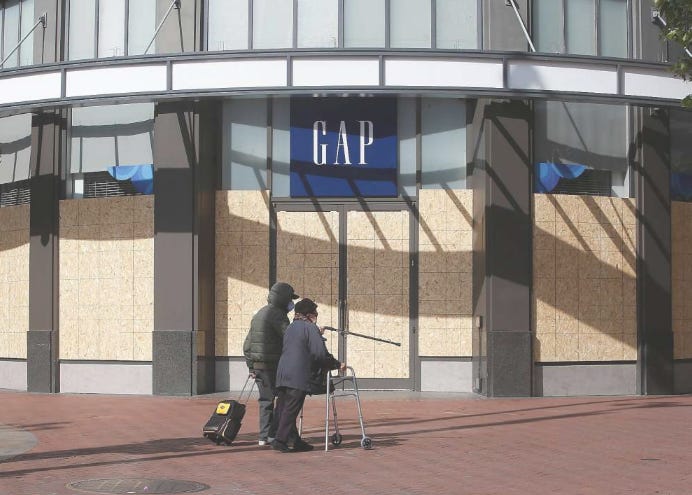

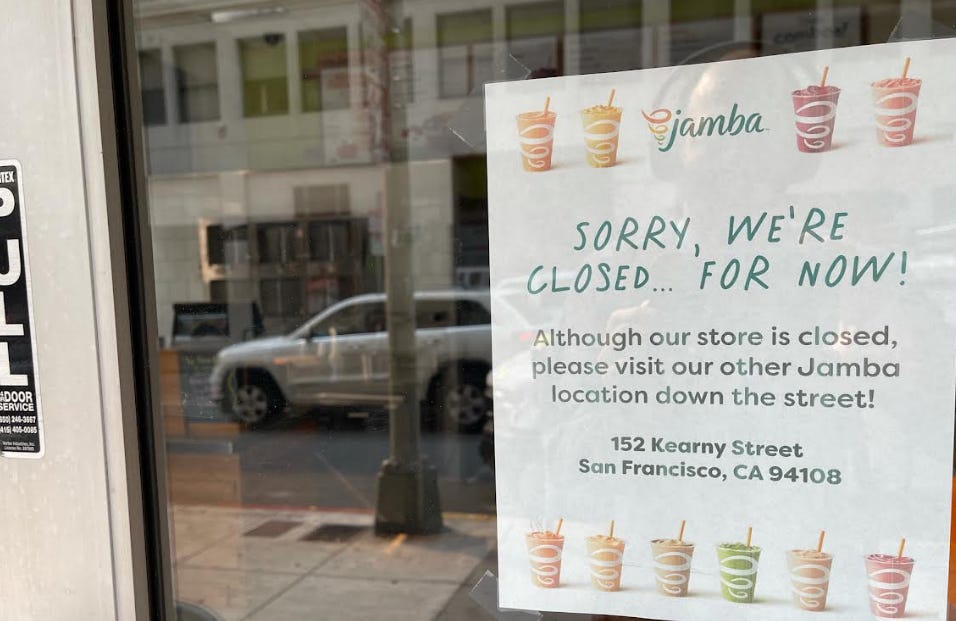
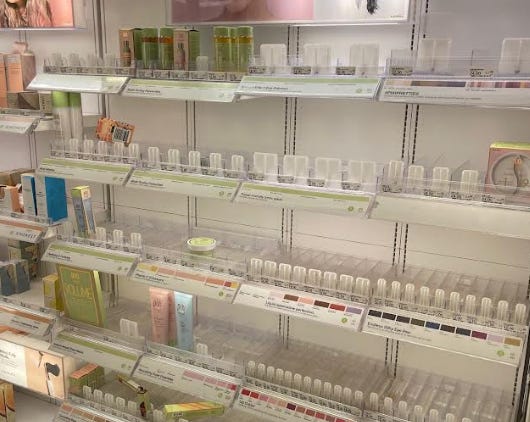


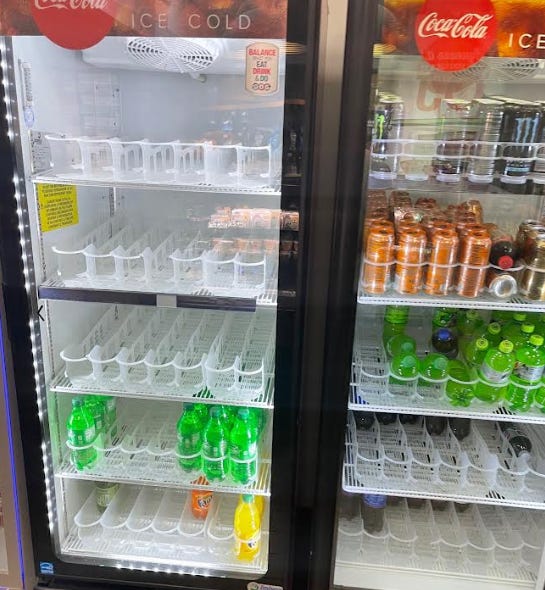
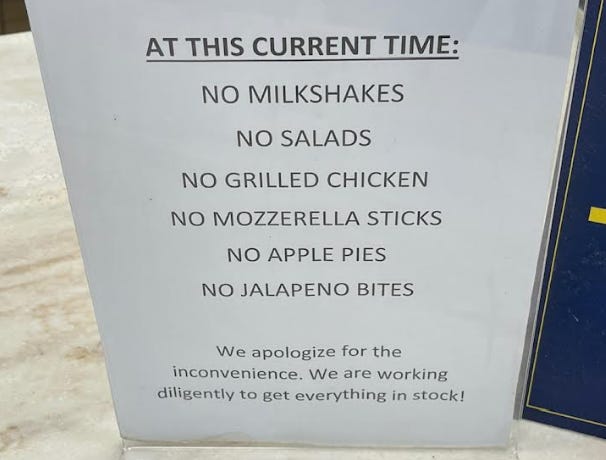
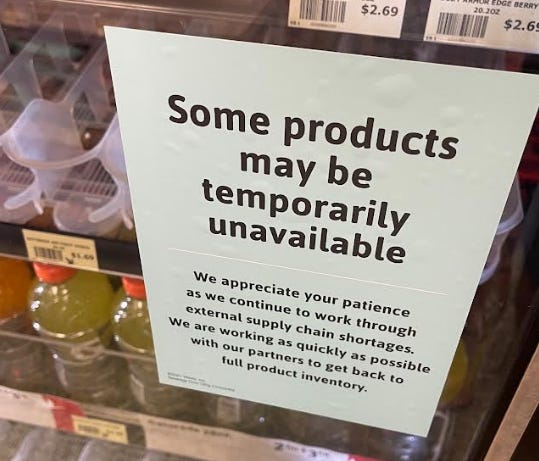
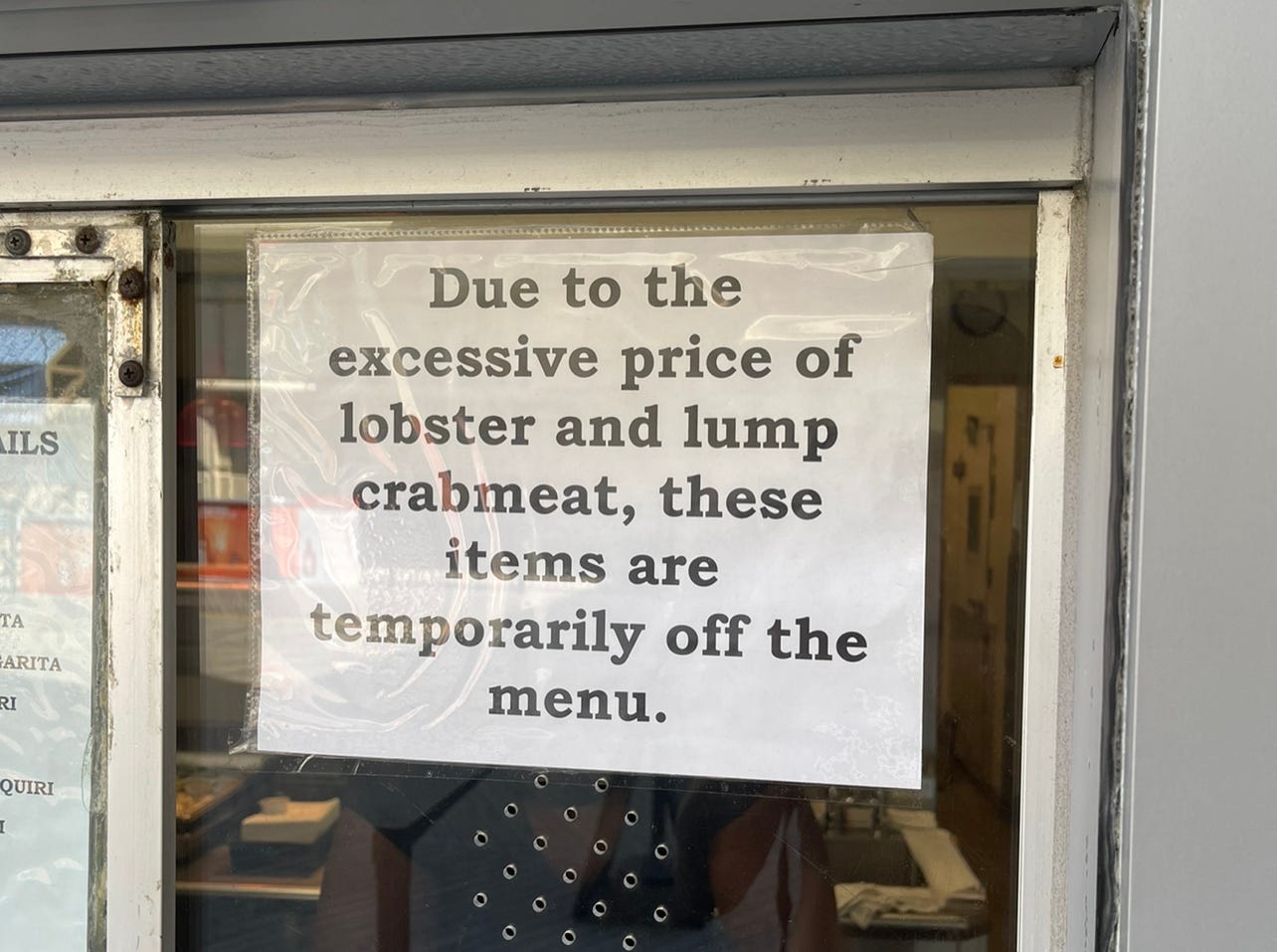
I think it's an urban vs suburban issue, and much of it is caused by continued WFH. All dense urban areas need lots of people for them to work, in particular rich office workers. At least in Seattle, few if any tech companies or other firms are requiring people to come back. Amazon is attempting to incentivize people to come back with free coffee, free parking etc. but the uptake is low.
While crime and homelessness were always problems, heavy foot traffic somewhat kept them at bay. Moronic city governments plus little traffic has caused the issues. If companies somehow get everyone back in the office (which they are still trying, though continually delay) there will be a bounce back, probably not to 2019 levels but better. The longer they put off any return, the more likely the areas end up abandoned.
Urbanspace Vanderbilt off Grand Central is a shadow of its former self. Just mentioning because I was there yesterday for the first time since Covid started. Sad.